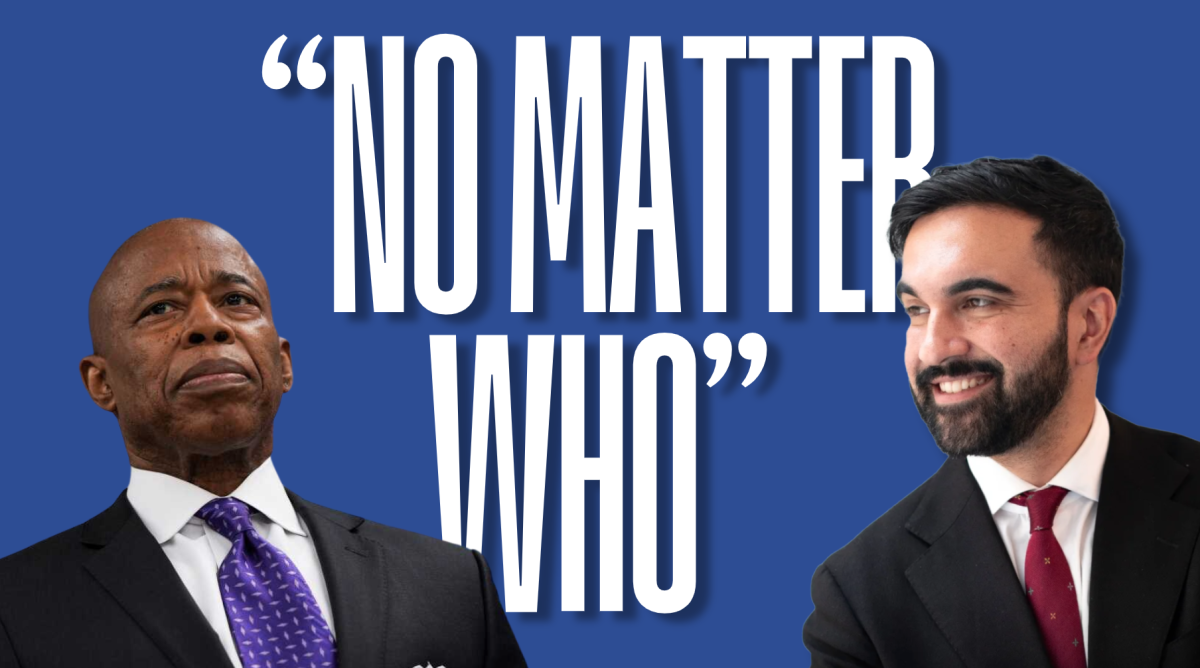By John Christen

The United States government needs to prioritize the drafting of a federal law that requires all states to include one personal finance class in the requirements to graduate from public high school.
Financial literacy, or the ability to understand how money functions in the world, is a vital skill for any adult that wishes to attain some level of monetary security and prosperity in his or her life. As of 2015, only 20 U.S. states mandate a high school economics course, two less than in 2014. All 50 states and Washington D.C. include economics in their K-12 school curricula, either optional or mandated, yet financial illiteracy remains a large problem in the United States. A striking one in every six students in the U.S. fails to reach the baseline level of proficiency in financial literacy.
Not surprisingly, the U.S. ranks 14th in the world in a recent survey of 150,000 citizens gauging financial literacy, with a meager 57 percent of American participants scoring a passing grade. This statistic is alarming to say the least.
The survey presents a series of five simple questions testing one’s understanding of basic financial concepts, such as interest rates and wise investing.
So, why is it important that this country have a larger percentage of financially literate citizens? The answer is straightforward: people who have basic personal finance knowledge are less likely to be irresponsible with their money. Maintaining a firm grasp on one’s pecuniary pursuits as a result of economic education makes financial mistakes less common. Also, smarter spending, saving and investing contributes to a healthier economy with more financially secure buyers.
Already, three states (Georgia, Texas and Idaho) have required that public high school students take a personal finance course in order to graduate. Idaho, for example, mandated in 2000 that all students take a semester-long personal finance course.
Texas also has this requirement for its students, but it uses standardized testing to ensure that each class is effective. In these states, personal finance acts as a formal course. Georgia even trains its teachers specifically for the presentation of financial material. The results have been staggering.
In an article on cnbc.com, Shelly Schwartz notes the credit score improvements for the three states that mandate all schools to include personal finance as a required course. “Credit scores for those individuals in Georgia jumped nearly 11 points, or 1.8 percent, compared to average credit scores prior to the mandate, while young adults from Idaho increased their credit scores by 16 points, or 2.6 percent,” she wrote.
“Those in Texas raised their credit rating by 32 points, for a 5.2 percent gain.” These types of improvements for those educated in personal finance are a direct result of the requirements implemented by Georgia, Idaho and Texas.
Credit scores are the numbers used by banks to determine how likely an individual is to default on his or her loan. This three-digit number is derived from one’s past experiences with borrowing money, either from a credit card company or another bank.
Depending on one’s credit score, a bank decides how high or low the interest rate will be on any given loan. A higher credit score means a higher likelihood of getting a loan in the first place, not to mention receiving it at a lower interest rate.
Required personal finance classes in high schools across the country would create a nation of people less likely to be delinquent with their payments. More monetarily responsible buyers will yield more consistent spending, since less people will face situations in which money is an issue. This is not to say that the implementation of these types of courses in public schools will heavily influence the health of the United States economy, however, it is an important step to help prevent situations like the Great Recession in 2008 from reoccurring.
Although bureaucratic red tape and budget issues will prevent this type of change from happening in the near future, the eventual application of required personal finance courses in all 50 states will give young people the tools they need to manage their money effectively in the future. States like Georgia, Idaho and Texas have done this to the great benefit of its students.
Hopefully, the rest of the country will soon understand the great necessity of this change, and create measures that will grant people the competence to spend, save and invest properly.
John Christen, FCRH’19, is undecided in his major from Glenside, Pennsylvania.








































































































































































































